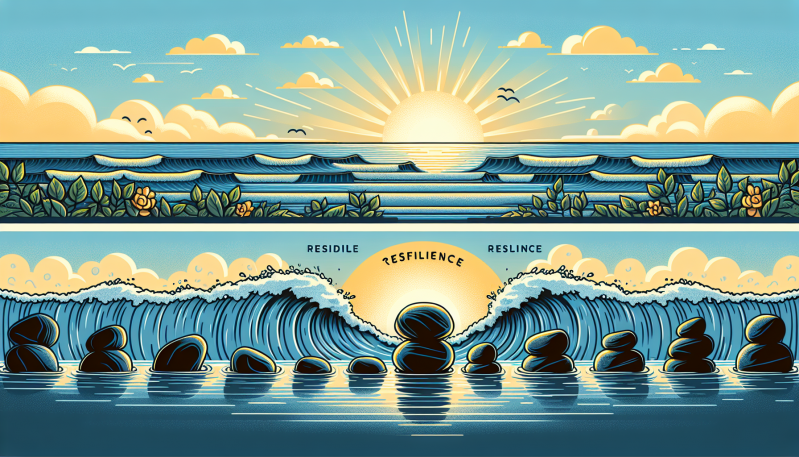In an age where mental health, kindness, and inclusion are more important than ever, Friendship Week stands at the forefront of championing these values within educational settings. Our mission closely parallels that of UNICEF’s, but with a focus on school kids and parents, emphasizing the importance of mental health, kindness, loneliness solutions, and diversity, equity, and inclusion (DEI) in schools. By nurturing a growth mindset, we lay the groundwork for a culture of inclusivity that is essential for the development of every student and the community at large.
### Embracing Challenges and Learning from Mistakes
A growth mindset encourages children and adults alike to see challenges as opportunities for growth rather than insurmountable obstacles. In a school environment, this means promoting an atmosphere where trying new things is celebrated and failure is viewed as a valuable learning experience. By embracing this paradigm, students become resilient learners who are not afraid to step out of their comfort zones and explore their full potential.
### Celebrating Diversity and Fostering Inclusivity
Diversity is a treasure that schools should cherish and cultivate. A growth mindset is instrumental in teaching students to appreciate and celebrate the differences among their peers. Recognizing that each person’s unique background, abilities, and experiences contribute to the richness of the school community is a step towards creating an environment where every student feels seen, heard, and valued.
### Setting the Example: The Role of Educators and Parents
Students look up to their teachers and guardians, often mimicking their behaviors and attitudes. Thus, it is crucial for educators and parents to model a growth mindset. This means demonstrating how to handle setbacks positively, how to persist in the face of difficulties, and how to engage in lifelong learning. When adults exhibit these behaviors, they set a powerful example for children to follow.
### Building a Supportive Community
For a culture of inclusivity to thrive, it must be supported by the entire school community. This support can manifest itself through various initiatives such as peer mentoring programs, inclusive classroom practices, and community-building activities that foster connections among students from different backgrounds.
### Real-World Stories and Actionable Tips
Throughout our blog, we’ll share inspiring stories from real schools that have successfully integrated growth mindset principles to create more inclusive environments. These narratives will be paired with actionable tips that staff, educators, and parents can implement in their schools.
By focusing on growth mindset and inclusivity, schools can transform into places where every student has the opportunity to excel and where difference is not just accepted but is celebrated. Our hope at Friendship Week is to spark a movement of positive change across school communities, promoting a world where mental health and DEI are prioritized, and every child can thrive.
Join us in this pivotal movement to create a brighter future for our children, where their minds grow, their perspectives widen, and their hearts become more inclusive. Together, we can build educational spaces that aren’t just about academics but about fostering well-rounded individuals ready to make a positive impact on the world.

